As a new book marking the 125th anniversary of the birth of Mary Brooksbank is published, Gayle Ritchie discovers why we should celebrate the political firebrand turned poet and songwriter from Dundee.
Mary Brooksbank had one ambition – to destroy the capitalist system.
Born into poverty in Aberdeen on December 15, 1897, she moved to Dundee when she was eight years old.
The oldest of five children, Mary, nee Soutar, began working in the mills, illegally, aged 12.
A life-long socialist and Communist, jailed three times for her campaigning activities, she had her first taste of what could be achieved by standing up to the bosses at the age of 14 – marching and winning a 15% pay rise.
Fight for the rights
In 1930, she founded the Working Women’s Guild to continue the fight for the rights of women in the workplace and better health and social services.
In later life, the fire in Mary’s belly to tackle inequality was undimmed – but her anger and frustration were vented in a new way through her poetry and songwriting.
Although she never worked at Baxter’s Mill, now Weavers Yard on King Street, there is a plaque dedicated to her there as one of her most famous songs, A Dundee Lassie, about a mill girl’s life, is set there.
Her best-known ode, however, is The Jute Mill Song, also known as Oh Dear Me.
Hailing from a family of singers, it was while Mary was nursing her sick mother that she began writing poetry and songs, which she eventually published in 1952, in a collection called Sidlaw Breezes.
When Dundee journalist and writer Maurice Fleming interviewed Mary in 1966, he described her as a “tiny, stocky woman in her 60s, who sang and played the fiddle at Dundee Folk Club”.
Book of essays
As 2022 marks the 125th anniversary of Mary’s birth, a book of essays exploring the life and times of the celebrated writer, singer and political activist has just been published.
Edited by local historian and library worker Erin Farley and community activist Siobhan Tolland, In One Woman’s Life: Celebrating Mary Brooksbank features contributions from Dundee University historian Dr Kenneth Baxter, university archivist Caroline Brown, artist Ruth Ewan, political activist Mary McGregor, researcher Emily Robinson, traditional singer Sheena Wellington, singer-songwriter Stewart Brown, and Erin and Siobhan themselves.
The first book to be published about Mary with the exception of her own autobiography, Erin hopes it will appeal to anyone with an interest either in Dundee history, or the history of folk music, politics or women’s history in Scotland.
“Mary was a well-known figure in Dundee during her lifetime, and was celebrated widely during the Scottish Folk Revival in the mid-20th Century,” Erin adds.
“After her death, she became the only woman to feature on the Scottish Parliament’s Canongate wall with an extract from her Jute Mill Song.
“This collection of essays marks the 125th anniversary of her birth by celebrating her contributions to politics, literature and folk song in Scotland from a variety of perspectives, both personal and historic, as well as placing her in the broader cultural and political context of 20th-Century Dundee.”
Early life
Erin says Mary’s early life experiences very much affected her political world view – she lost a brother to diptheria exacerbated by poor living conditions when she was a child, another brother was killed in the First World War, and a third died later from his war injuries.
The inequality she saw stemming from the low wages women received in the jute industry inspired her to become politically active from a young age.
“She joined the Communist Party in the 1920s and stood for election for them a couple of times, but was expelled from the party for various reasons, including being very critical of Stalinism and for making women’s and children’s wellbeing a political priority of hers – Brooksbank was never one to toe a party line,” explains Erin.
“The women in the mills also used to make up and sing verses – to pass the time, to comment on their situation and to sing at strikes – and Mary had a real talent for this, with several of her songs becoming Dundee classics.
“Poetry and song were always important parts of her life, and she published her collection of poetry, Sidlaw Breezes, in the early 1950s, and her autobiography No Sae Lang Syne: A Tale of This City in the early 1970s.”
Most important historical figure
Erin regards Mary as “one of Dundee’s most important historical figures” – as a working-class woman whose political action and songwriting have made a significant contribution to Scottish culture and given us an insight into the lives, struggles and joys of her community.
“It’s important to remember when we commemorate Mary that her politics and creativity were rooted in collective action, collective creativity, collective performance.
Brooksbank was never one to toe a party line.”
ERIN FARLEY
“This is a really important perspective to include when we think about the past, and arguably we rely too much on the ‘great figures’ model of history.
“But if we are going to celebrate people, Mary Brooksbank should definitely be among them!”
Greater awareness
The hope is that the book will raise greater awareness of Mary, who isn’t perhaps a household name outside the Scottish folk music community and local political circles.
“She didn’t seek fame for its own sake during her life – she didn’t compromise her principles in order to be more electable, either within the Communist Party when she was a member or outside it,” says Erin.
“But she did want her voice to be heard for what she had to say, and for what she could say on behalf of others with less of a voice, whether that was low-paid workers, women, children or pensioners.
“I also think people sometimes underestimated her in the way they still do underestimate the intelligence and power of ‘older’ women.”
Mary’s legacy
Various events are planned to celebrate Mary’s legacy in 2023 during Dundee Women’s Festival, highlighting both her role in political organisation in the jute mills and in Dundee’s song tradition.
“There’s not been much to celebrate her work for pensioners’ rights, so this would be good to highlight,” says Erin.
“Also, I think one of the best tributes to any songwriter and tradition-bearer is for new generations of singers to keep singing her songs.”
Artworks
There are a few public artworks dedicated to Mary in Dundee, such as the clock on the High Street with lyrics from the Jute Mill Song, and one on Lochee High Street, plus a plaque erected as part of Dundee Women’s Trail. And Brooksbank Community Centre on Pitairlie Road is named after her.
Historian Kenneth Baxter’s essay in the new book seeks to place Mary in the wider context of women’s involvement in early 20th-Century politics in Dundee.
Kenneth, who’s on Abertay Historical Society’s committee, says: “My contribution focuses on her political activity in the Communist Party in the 1920s and 1930s including her unsuccessful attempts to gain election to Dundee Council in 1930 and 1931, and Dundee Parish Council in 1922.
“In terms of electoral success and impact within party political organisations, there were many women who made a far bigger impact in the interwar period, not least Dundee’s first female councillor, Labour’s Lily Miller and the city’s only female MP the Conservative Florence Horsburgh.
“In part, this reflects the fact that the Communist Party had no electoral success in Dundee, but it also is the case Mary’s independence meant that she did not toe the party line when she thought it was wrong.
“This meant she was unlikely to win favour within the leadership of the Communist Party and advance within its ranks, and ultimately meant she broke with the party.”
Activism
Kenneth says Mary didn’t consider her unsuccessful attempts to gain election as a particularly significant part of her career.
“She would write in No Sae Lang Syne that she had concluded: ‘Whoever sat in power, whether in Westminster or the local councils, it did not alter the fundamental balance of power,’” he adds.
“Thus she almost certainly viewed her activism as far more important than electoral success.
“Of course the power of her writing and its enduring popularity has ensured that her life has attracted far more attention than may of her political contemporaries.”
In Mary’s own words: “I have never had any personal ambitions. I have but one: to make my contribution to destroy the capitalist system.”
- In One Woman’s Life: Celebrating Mary Brooksbank is published by Abertay Historical Society and is available to buy at abertay.org.uk for £7.50, or at Verdant Works in Dundee.
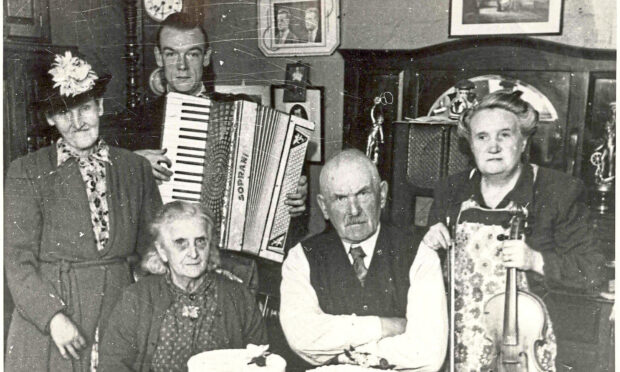

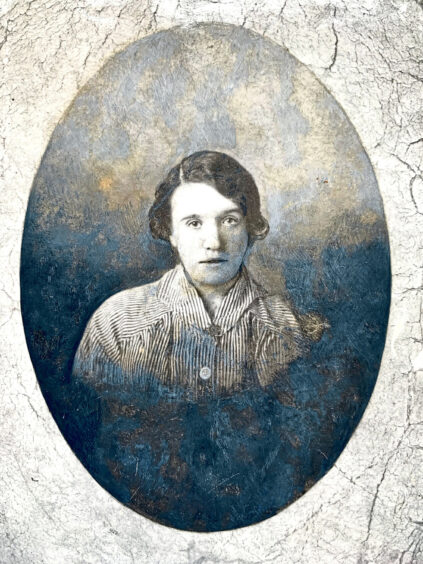
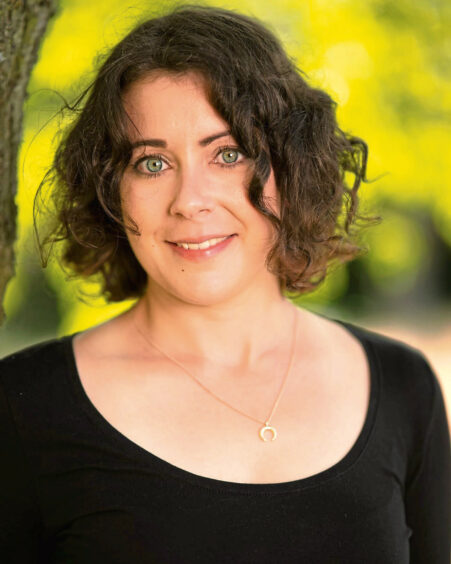




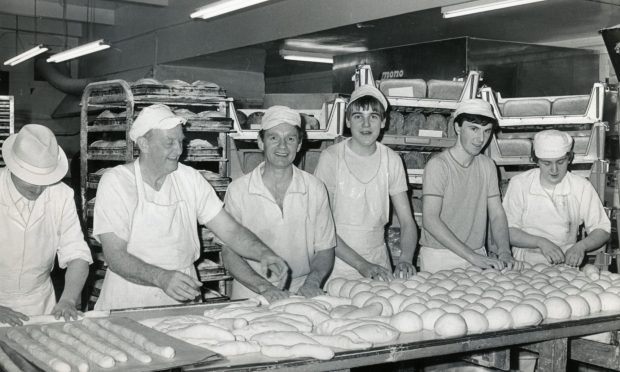
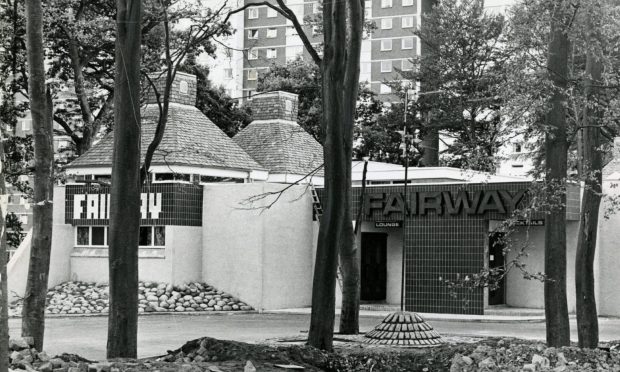
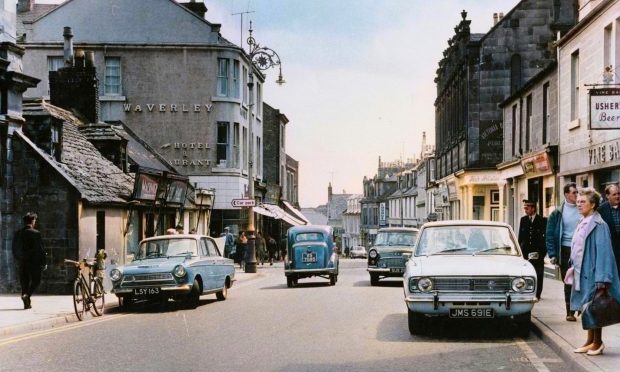
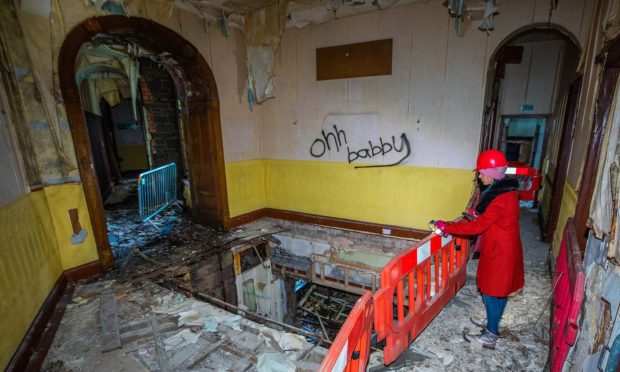
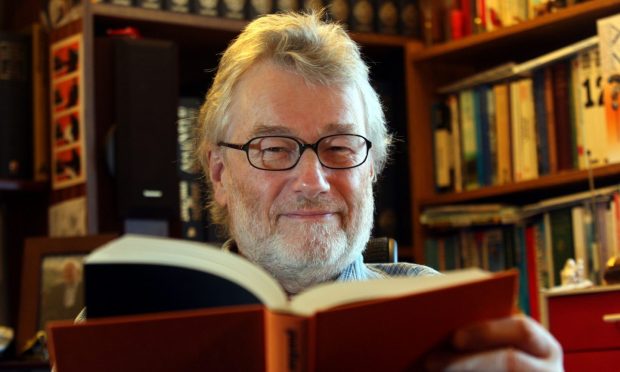
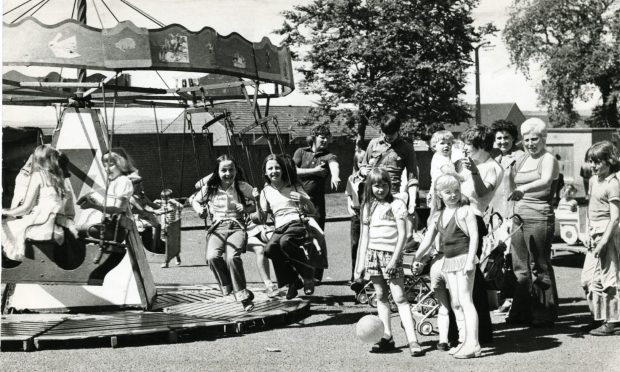
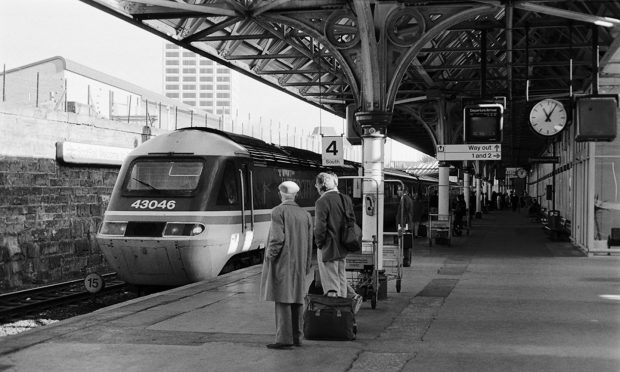

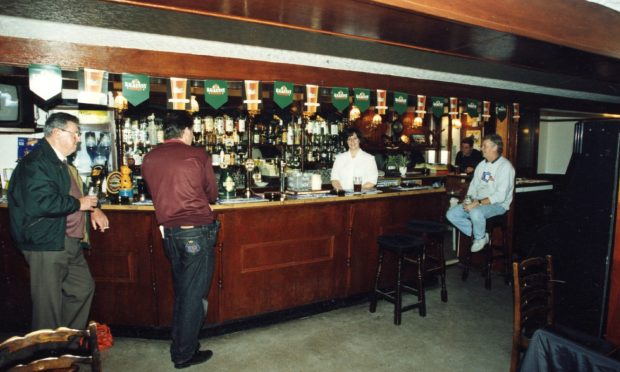
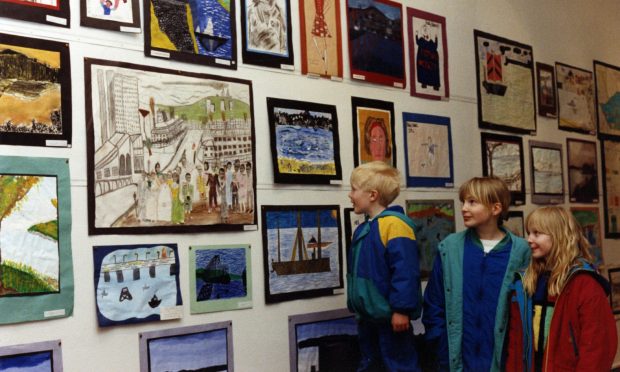
Conversation